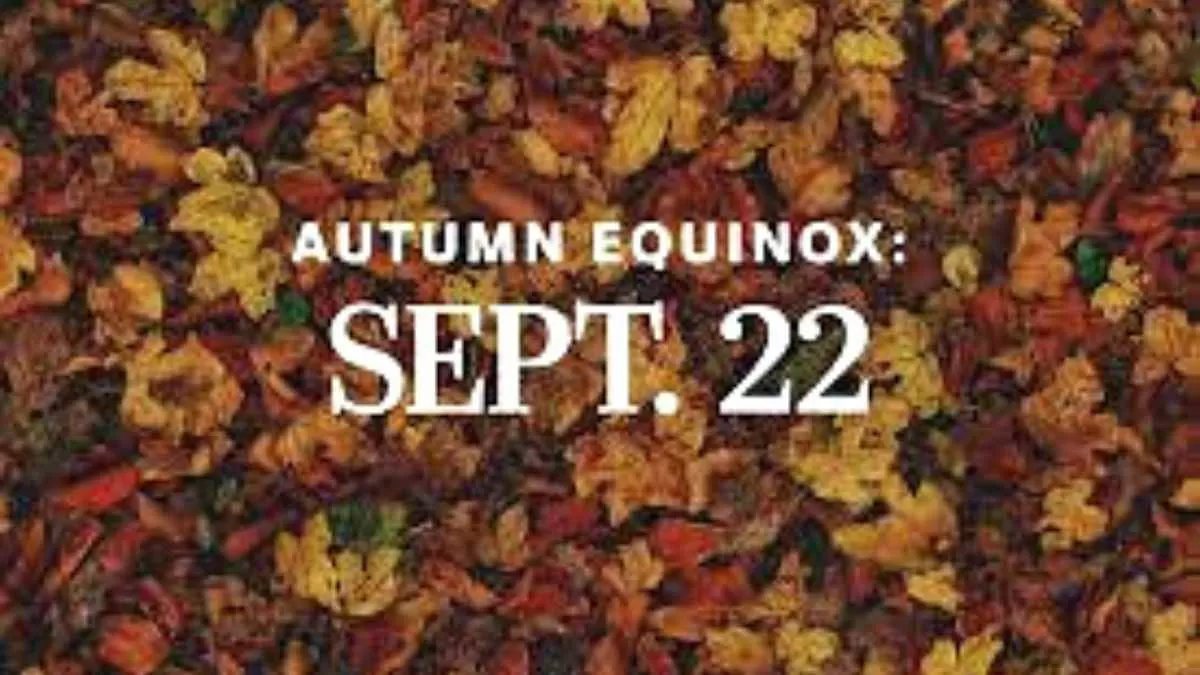Wondering whether fall has already started or not. Well, if you are someone who believes in the traditional ways of tracking time more than the present-day methods, fall will finally arrive on Thursday for you with the autumnal equinox.
What Is The Autumnal Equinox?
It is the time when the sun shines directly on the equator. This makes the northern and southern hemispheres get the same amount of sun rays. The alignment occurs at 8:03 p.m., Thursday, this year. Des Moines will be getting around 12 hours and 10 minutes of daylight, clouds notwithstanding.
What Is Meant By Equinox?
As the Earth revolves around the sun, it spins on a tilted axis. However, in the complete course of this revolution around the sun that takes a complete year to get finished, there comes two moments when the planet isn’t inclined toward or away from the sun. These two incidents are called an equinox. The term equinox is derived from the Latin words meaning “equal (aequus) and night (Nox).
What happens after the equinox? The northern hemisphere of the planet starts to tilt away from the sun. This makes the nights go longer and days go shorter till the winter solstice. The winter solstice will be on December 21.
The Importance Of Equinox
Equinoxes play an important role for ages. For instance, the autumnal equinox has been seen as an end of summer, while the spring (or vernal) equinox has been seen as an end to winter since ancient times. This helped people track time-sensitive activities like irrigation. As per Farmer’s Almanac, the changing colors of the deciduous tree leaves are actually triggered by the short daytime and diminished amounts of sunlight.
When Will Autumn Commence?
Autumn has not started already, as is evident by the high temperatures this month. This month, twelve days have been above 76.9 degrees, Des Moines’ average September high.
However, seasons start on the same day every year if one goes by the calendars preferred by meteorologists. This gives the benefit of consistency in record-keeping, and more. It's important to note, though, that the planet doesn’t always conform with the Gregorian calendar we use. The autumnal and vernal equinoxes and the summer and winter solstices do not fall on the same day every year. For instance, next year, the autumnal equinox will fall on September 23, and on September 22 in 2024.
